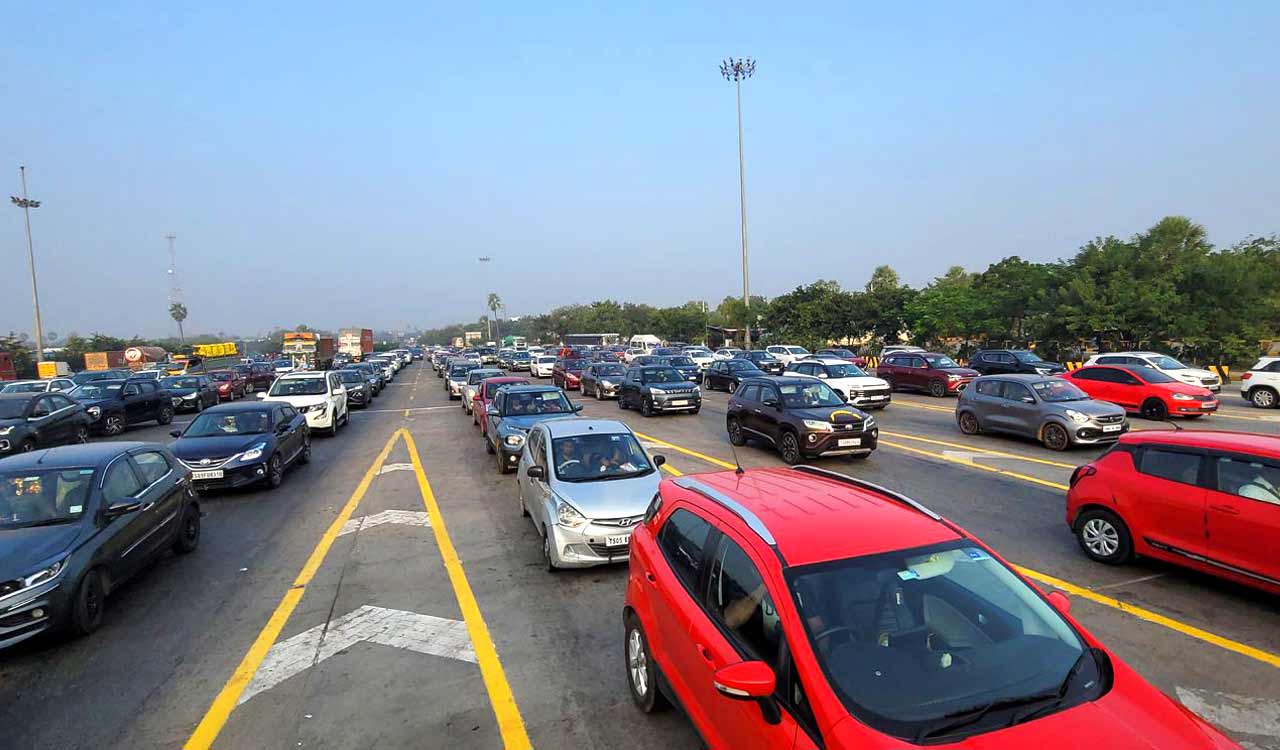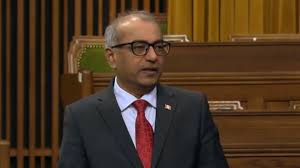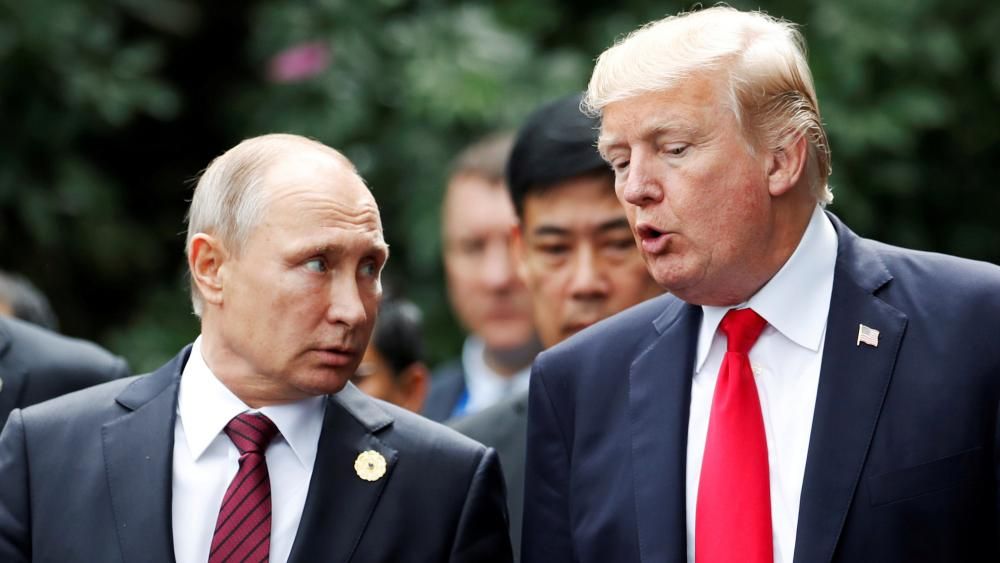Twitter to label personal accounts of heads of state from Feb 17
Fri 12 Feb 2021, 13:25:09
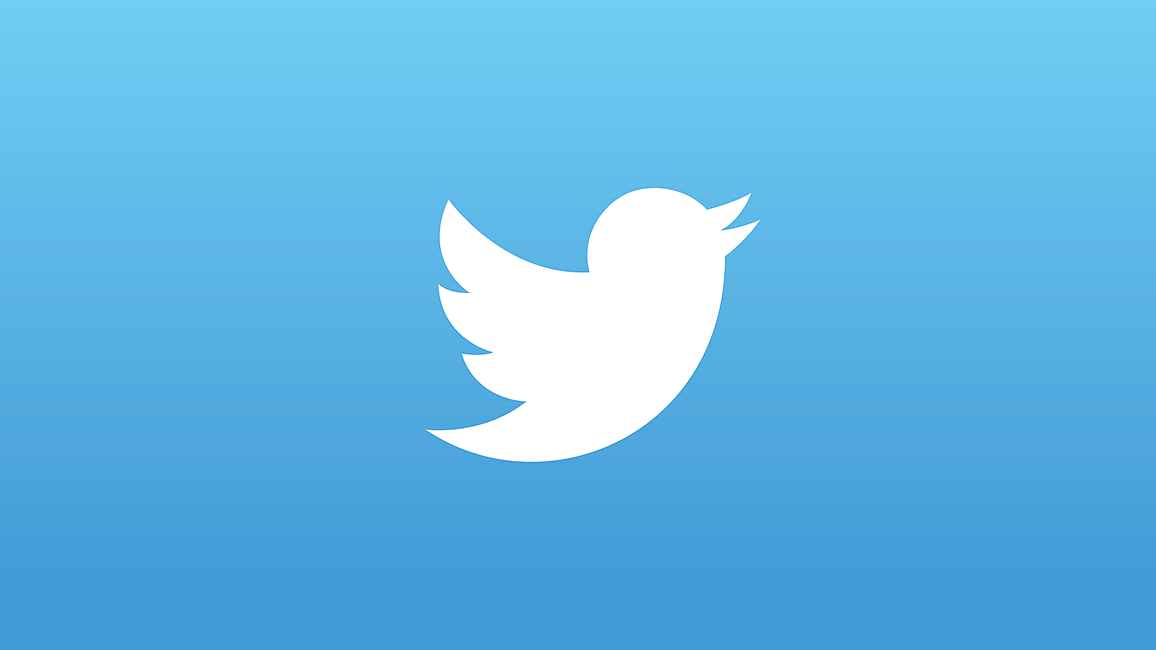
New Delhi: Twitter has announced to apply labels to the personal accounts of heads of state in several new countries from February 17, as it expands its policy on government-affiliated accounts.
The company will now add labels to verified accounts of foreign ministers, institutional entities, ambassadors, official spokespeople, and key diplomatic leaders in 16 additional countries.
The move will provide people with context “so they can make informed decisions about what they see and how they engage on Twitter,” the company said in a statement late on Thursday.
In August 2020, Twitter began applying labels to government officials’ accounts in China, France, Russia, the UK and the US.
The micro-blogging platform is now adding Canada, Cuba, Ecuador, Egypt, Germany, Honduras, Indonesia, Iran, Italy, Japan, Saudi Arabia, Serbia, Spain, Thailand, Turkey, and the United Arab Emirates, beginning February
17.
17.
“After receiving feedback on this initial action from a range of stakeholders on Wednesday, February 17, we will expand these labels to accounts from Group of Seven (G7) countries, and to a majority of countries that Twitter has attributed state-linked information operations to,” Twitter informed.
Twitter said it is also updating the label text to add more specificity to the government account labels by differentiating between individuals and institutions, and expanding labels to the personal accounts of heads of state to give people on Twitter additional context.
“As the next phase of this project, we will work to apply additional labels on state-affiliated media accounts over the next several months, taking an iterative approach to ensure we capture all relevant accounts,” it noted.
Twitter permanently banned former US President Donald Trump in January for inciting the deadly attack on the Capitol.
No Comments For This Post, Be first to write a Comment.
Most viewed from National
Most viewed from World
AIMIM News
Asaduddin Owaisi questions PM Modi's China policy
Jan 08, 2025
Owaisi slams UP over police post near Sambhal mosque
Dec 31, 2024
Owaisi hails SC order on Places of Worship Act
Dec 13, 2024
AAP Corporator Tahir Hussain joins AIMIM party
Dec 11, 2024
Latest Urdu News
Most Viewed
May 26, 2020
Which political party will win the Delhi Assembly polls to be held on Feb 5?
Latest Videos View All
Like Us
Home
About Us
Advertise With Us
All Polls
Epaper Archives
Privacy Policy
Contact Us
Download Etemaad App
© 2025 Etemaad Daily News, All Rights Reserved.

.jpg)
.jpg)
.jpg)
.jpg)
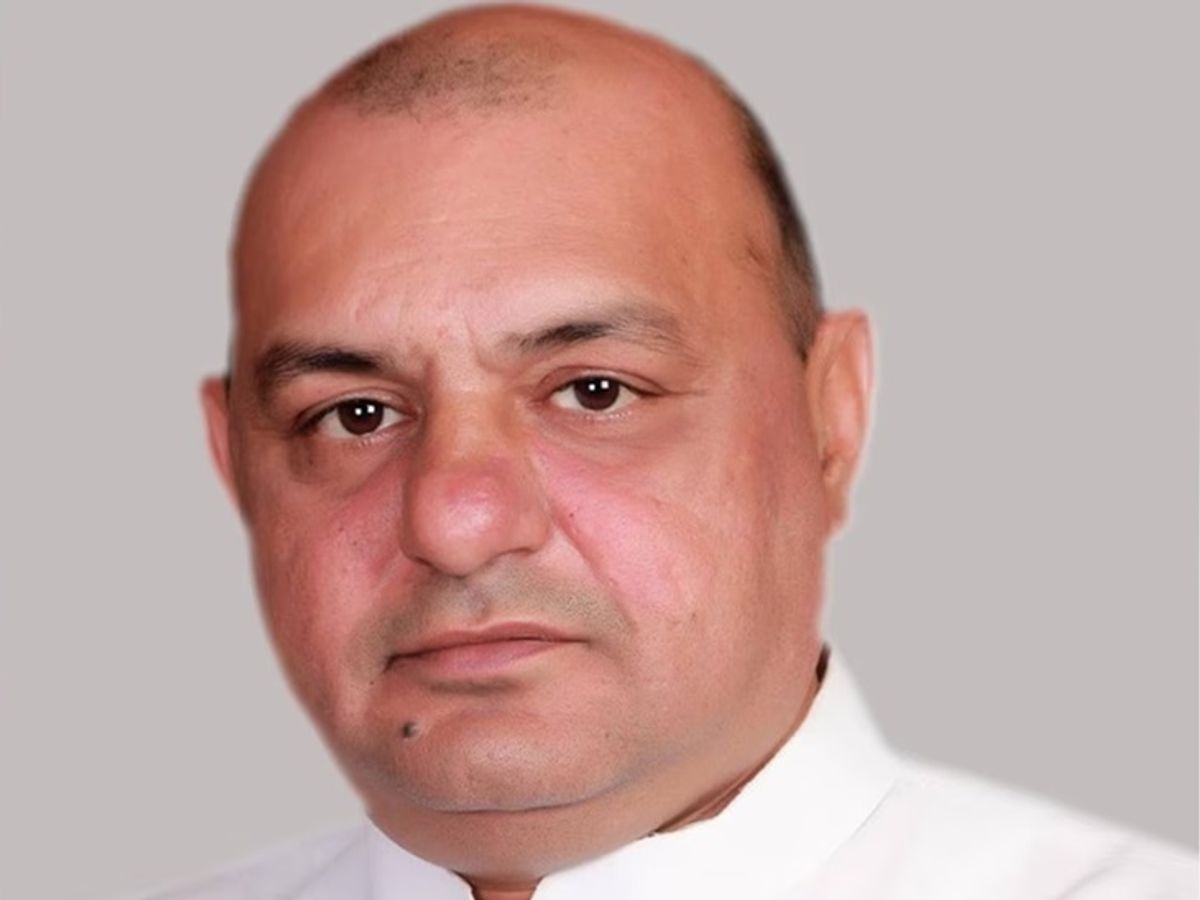
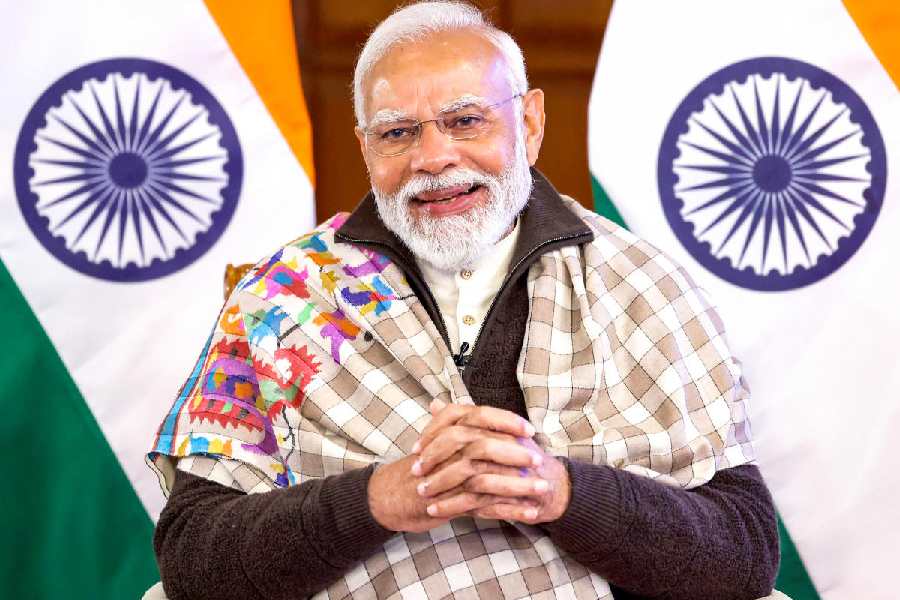
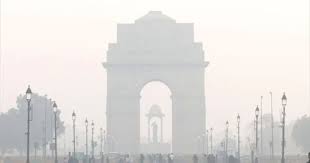
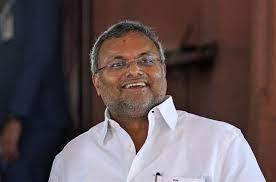




.jpg)
.jpg)

.jpg)
.jpg)
.jpg)
.jpg)
